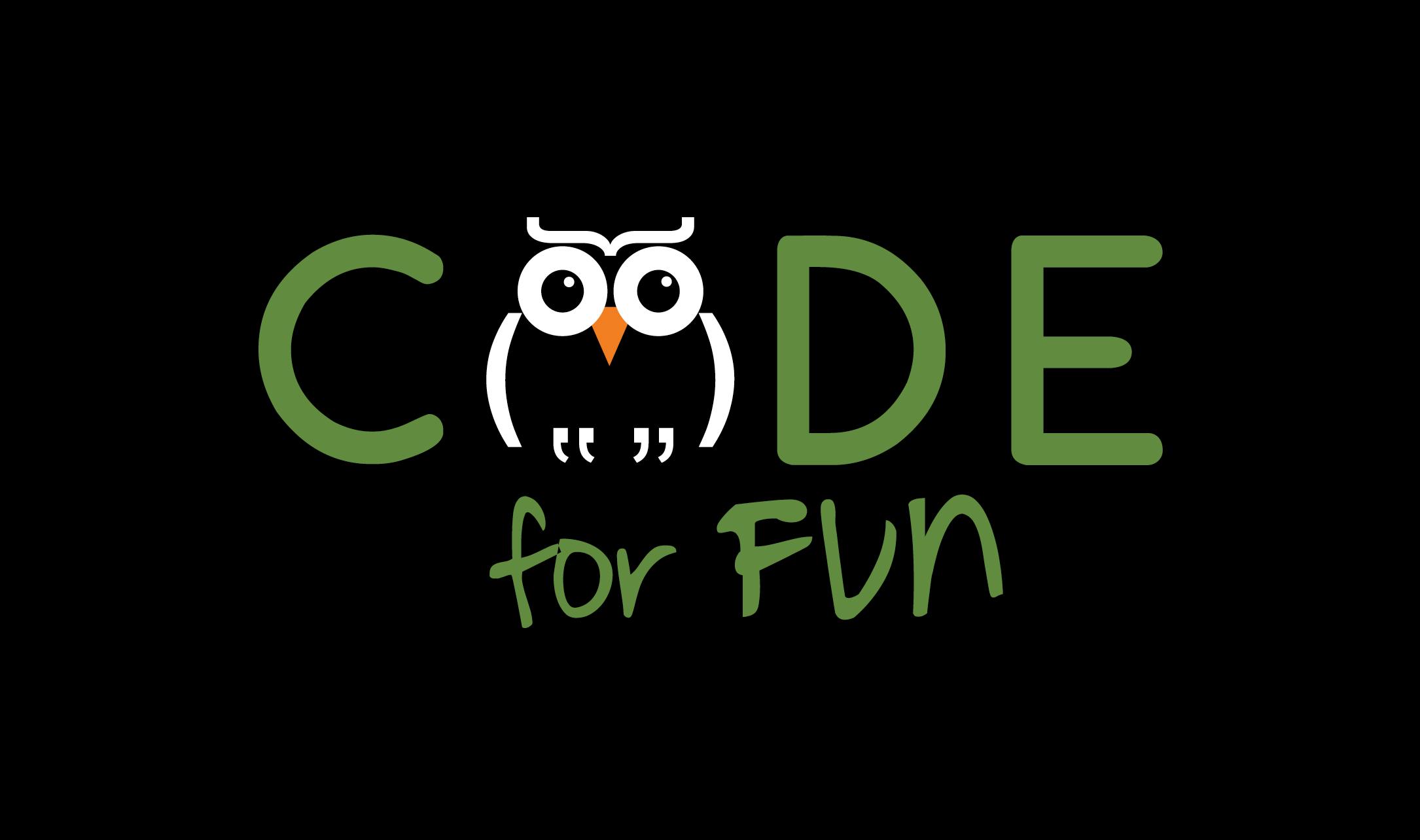Hello, buddies! As developers, we have experiences about boring times while coding. So buddies, today we're going to see 5 ways to stay motivated while coding. Scroll down!
1. Have an end goal in mind.
 This might seem obvious, but have a concrete goal in mind when you’re starting out. Take a few minutes to really think about what your #1 goal is. What’s the most important part to you?
This might seem obvious, but have a concrete goal in mind when you’re starting out. Take a few minutes to really think about what your #1 goal is. What’s the most important part to you?
It could be to find a full-time job as a web developer so you can support your family financially. Or to have a flexible career where you can live anywhere. Or to work for yourself, without having a boss.
In all this, know what your “why” is. What’s the one goal that will get you out of bed in the morning, and makes you want to continue?
Once you’ve figured out what it is, write it down in a place that you’ll see it often.
Yeah, this sounds cheesy, I know. But it’ll help remind you of your goals and the whole reason that you’re giving up your free time.
When you are boring while working on a projects or software, always ask, " Why did I start this?" or "How this will help me find my future job?". Remember a day you were developing a software for $1000? Did you feel boring?
2. Choose consistency over speed.
On the same note, the rather cliched saying, “Slow and steady wins the race” is very true.
When you are just starting out, you might want to rush into things and spend hours each day dedicated to studying and practicing coding.
However, that may be a somewhat unrealistic expectation, and you may well end up burning out and giving up.
You’ll be more likely to continue if you figure out how much time you can realistically and sustainably spend each day or each week studying coding. Then stick to that.
Even if it’s only 30 minutes per day, if you do this for seven days a week, you’ll have studied for 3.5 hours that week. In one month that would be about 14 hours, and in one year, almost 200 hours!
Even small efforts, when combined with consistency, can lead to big accomplishments.
Take brushing and flossing your teeth, for instance. You might spend 4-5 minutes per day on brushing and flossing. A tiny amount of time! But doing that every single day means the difference between having great teeth, and having no teeth(I know this doesn't match but I can't imagine any other thing right now.)
This is why consistency is more important than trying to go as fast as you possibly can.
3. Build up your willpower muscle.

To successfully become a coder, you have to develop your willpower muscle to spend time learning to code.
Even though coding can be really fun, it sometimes sucks to have to make yourself sit down and code, instead of doing other, more fun things in your life.
But just know that it will get easier over time, the longer you discipline yourself to do the work.
If you have a realistic, concrete goal, aim for consistency in your time spent learning, and understand that your will to do coding will get stronger over time, you’ll be much less likely to give up midway through.
4. Don’t let impostor syndrome get you down.
 Ah, the dreaded impostor syndrome. It’s something that plagues all beginners. Even more advanced programmers sometimes find it hard to shake off that feeling of not being good enough.
Ah, the dreaded impostor syndrome. It’s something that plagues all beginners. Even more advanced programmers sometimes find it hard to shake off that feeling of not being good enough.
One reason that I think this is such a common fear of coders is because the fields of programming and web development are just so broad. There are several programming languages, many different technology stacks, new frameworks seeming to come out every few months, and any number of tools.
It’s so easy to get overwhelmed by the vast number of skills that you “need” to know– it’s no wonder that so many aspiring developers struggle with impostor syndrome!
Conquer impostor syndrome with patience and focus.
You’re never going to learn every single thing there is to know about coding. To be honest, no one knows every single thing. Most programmers become experts in one programming language, maybe two, and may be moderately proficient or just familiar with others.
There’s nothing wrong with learning more than one language, but try to not jump around too much. You’ll spread yourself too thin.
Instead, try to focus on one main language and one stack, and get good at it.
Over time, as your skills grow, your confidence will also grow. And the best part is, you will have picked up many of the core principles about programming, which you can then apply to learning other languages, frameworks, and tools more quickly.
Another tip is to simply be patient with yourself (this is related to being realistic about your goals). Understand that learning coding is a marathon, not a sprint. It will likely take years before you are very proficient in it.
Now, that doesn’t mean that you will never be good at programming– it will just take time.
If you can be patient with yourself and your progress, and focus on one or a few skills to build up, you will be more equipped to battle impostor syndrome.
See how to fight with imposter syndrome as a developer in this article
5. Find a community of peers.
 Another common struggle of people learning web development is that you feel alone.
Another common struggle of people learning web development is that you feel alone.
When you’re learning in a physical classroom, you have fellow students who are doing the same thing as you. And you have a teacher that you can talk with and ask questions about the material.
If you’re learning coding online or with books, you often don’t have that luxury meet your won community.
I totally disagree above statement. Of course you can find people who do same thing as you. Reddit, Hashnode, Dev etc. One word of advice– if you join any of these communities, try to help others, and don’t just ask others for help.
Bonus : Stay curious and keep it fun!
 One of the best characteristics of us developer is that we are curious about how things work. It’s one reason that I love programming and computers!
One of the best characteristics of us developer is that we are curious about how things work. It’s one reason that I love programming and computers!
While you’re learning, you may, for one reason or another, start feeling weary if you’ve been focused on one narrow area for a while.
Feel free to change gears every so often. If you’ve been slogging away at a JavaScript tutorial and your brain is starting to feel fried, try taking a step back and working on a random side project. Or watch a video or read an article about a different area in programming from what you’re working on.
Mixing things up every so often can help keep things fresh.
There are so many things that are possible with coding– CSS animations, fun API integrations, even just making silly mini apps for fun.
Happy Coding!
